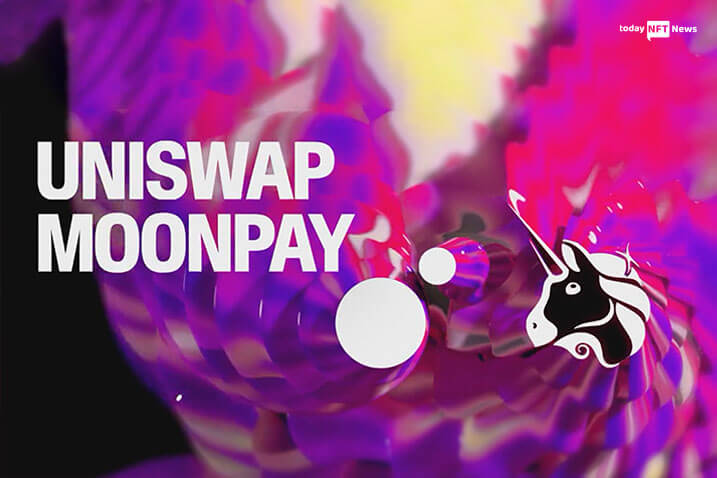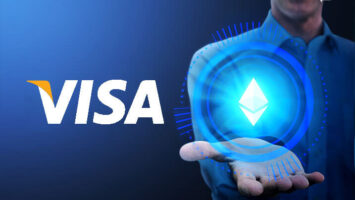SNEAK PEEK
- Members of decentralized exchanges can buy crypto with a debit or credit card.
- Bank transfers are accepted by Uniswap and Moonpay.
- In the future, Uniswap will accept DAI, Ethereum, USDC, and USDT assets.
On Tuesday, Uniswap announced that members of the decentralized exchange (DEX) would be able to purchase cryptocurrencies simply with credit and debit cards on the cryptocurrency exchange marketplace due to Uniswap’s agreement with Moonpay.
According to Uniswap, decentralized exchanges are preferable to centralized ones. After all, a DEX includes user security features like self-custodial wallets, irreversible protocols, and a global and open blockchain.
Uniswap and Moonpay Partnership will also accept bank transfers. But among the first to profit from this option will be DEX clients in the United States, Brazil, the United Kingdom, and the Single Euro Payments Area (SEPA).
Customers of DEX may use the networks to convert fiat money into cryptocurrencies, according to the statement. They are Artibrum, Optimism, Polygon, and Ethereum.
Uniswap will accommodate DAI, Ethereum, USDC, and USDT assets in the next stage. Some locations will accept wrapped bitcoin and wrapped ether. Indeed, this might be an excellent incentive for additional individuals to enter the cryptocurrency market.
Because of Uniswap’s growing dependency on traditional forms of payment and centralized organizations, the trade is moving further away from being a real Web3 application.
Under the new regulation, the DEX will gather numerous features, such as on-chain and off-chain data connected to clients’ digital wallets.
Uniswap considers that the absence of a strong customer experience has slowed the adoption of decentralized finance (DeFi). Despite the hazards, cryptocurrency traders prefer trading on a controlled platform.
Uniswap’s latest initiatives also undermine absolute crypto acceptance since instead of attempting to make its services more appealing in a decentralized manner, it is betting on acceptance through conventional, centrally organized corporations, which also have risks.









